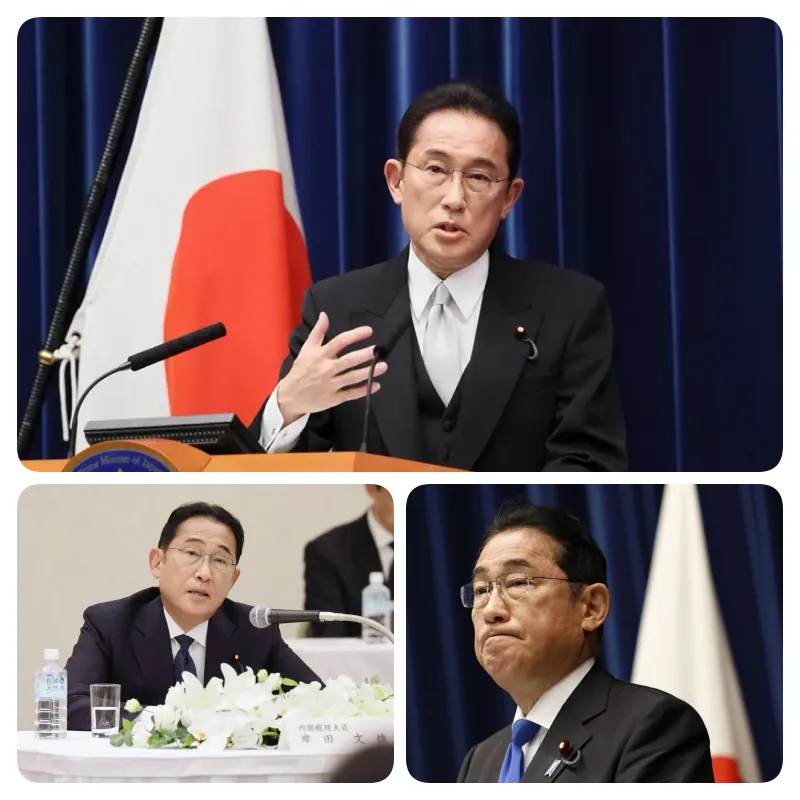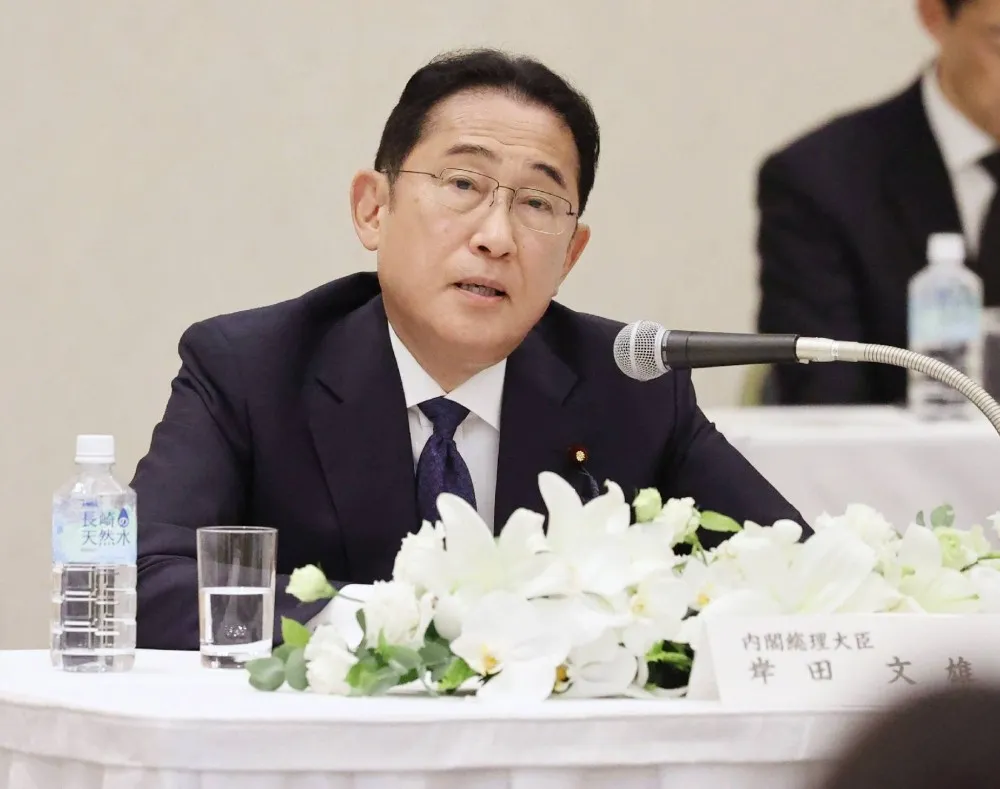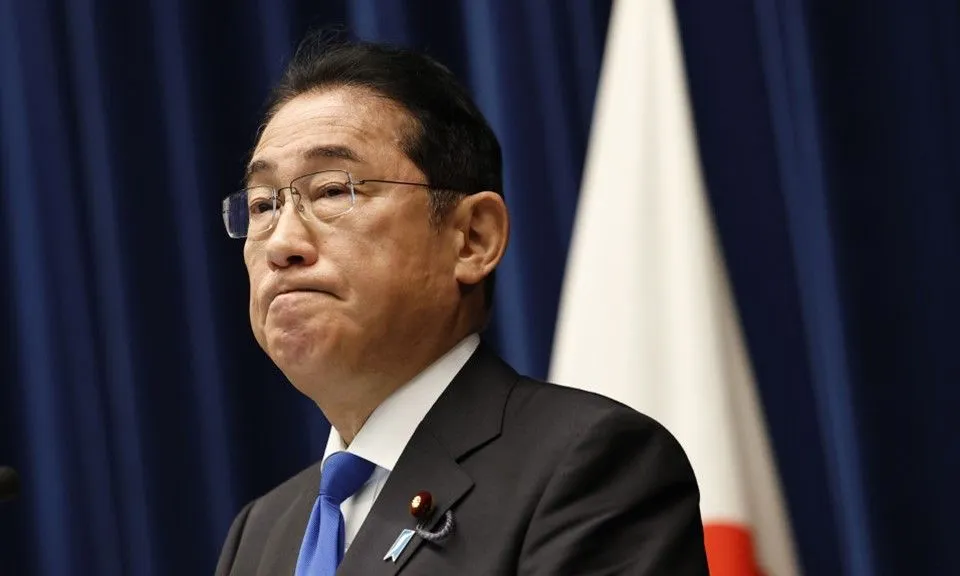
Japanese Prime Minister Set to Step Down
Japanese Prime Minister Fumio Kishida has announced that he will not run for the leadership of the Liberal Democratic Party (LDP) next month, signaling his impending departure from the role of Prime Minister.

“The most evident first step in demonstrating that the Liberal Democratic Party (LDP) is ready for change is my decision not to continue as Prime Minister. I will not participate in the upcoming LDP leadership election,” Prime Minister Kishida stated during a press conference in Tokyo today.
The LDP, which has been Japan’s leading party almost continuously since 1945, is set to hold its presidential election next month. Typically, the leader of the ruling party also serves as the Prime Minister.
“In this leadership election, it is crucial to show the public that the LDP is evolving into a new and improved party. Transparent and open elections, alongside vigorous and free debates, are essential to achieving this,” Kishida added. Before the press conference, Kishida informed senior officials of his decision not to run.
Prime Minister Kishida, 67, assumed office in October 2021. However, his approval ratings have plummeted, driven by rising prices that have impacted the income of Japanese citizens. According to a recent NHK poll, his cabinet’s approval rating has dropped to around 25% this year.

As the world’s fourth-largest economy struggles to regain growth momentum, Kishida unveiled a 17 trillion yen (over $100 billion) economic stimulus package last November, aimed at easing inflationary pressures and reinforcing leadership stability. Despite these efforts, the measures failed to bolster his approval ratings.
After years of relatively stable prices, Japanese voters are now grappling with rising costs following the outbreak of the Ukraine conflict in 2022, which has spiked energy prices and placed further strain on the government. Although the yen has recently seen some recovery, it remains one of the world’s weakest currencies over the past year, having sharply depreciated against the U.S. dollar.
In theory, Kishida could remain in office until 2025. However, according to NHK, there is growing sentiment within the LDP that the party might struggle to win the 2025 general election under Kishida’s leadership.
Kishida has also faced intense criticism over a major funding scandal within the party. NHK reports that the Prime Minister “seems to have concluded that he must take responsibility to dispel the mounting doubts.”
During his tenure, Kishida committed Japan to doubling its defense spending to 2% of GDP by 2027, aligning with NATO’s standard and significantly increasing the 1% benchmark maintained since World War II. In July, Japan and the Philippines signed a defense treaty that allows for the deployment of troops on each other’s territory.



